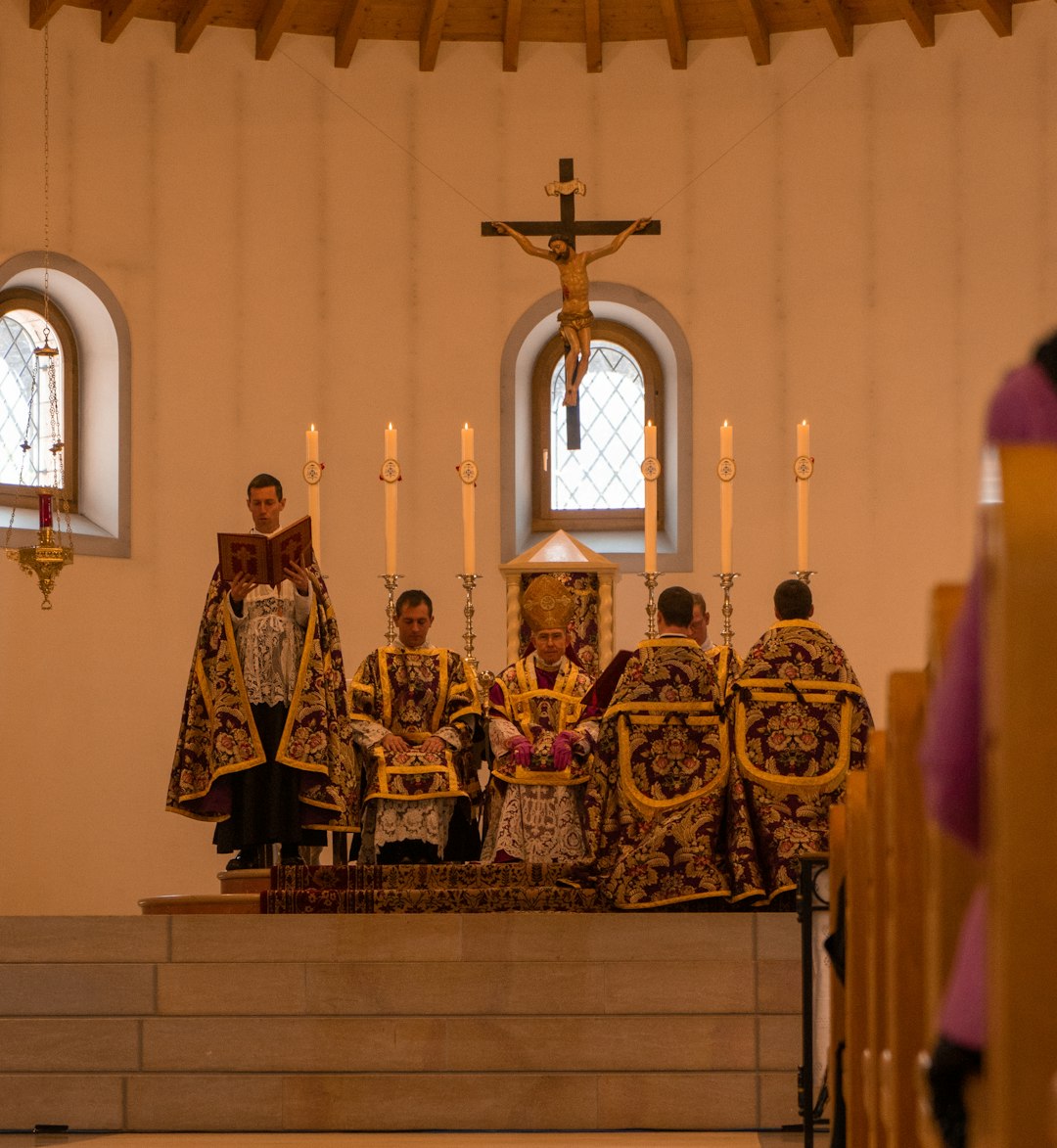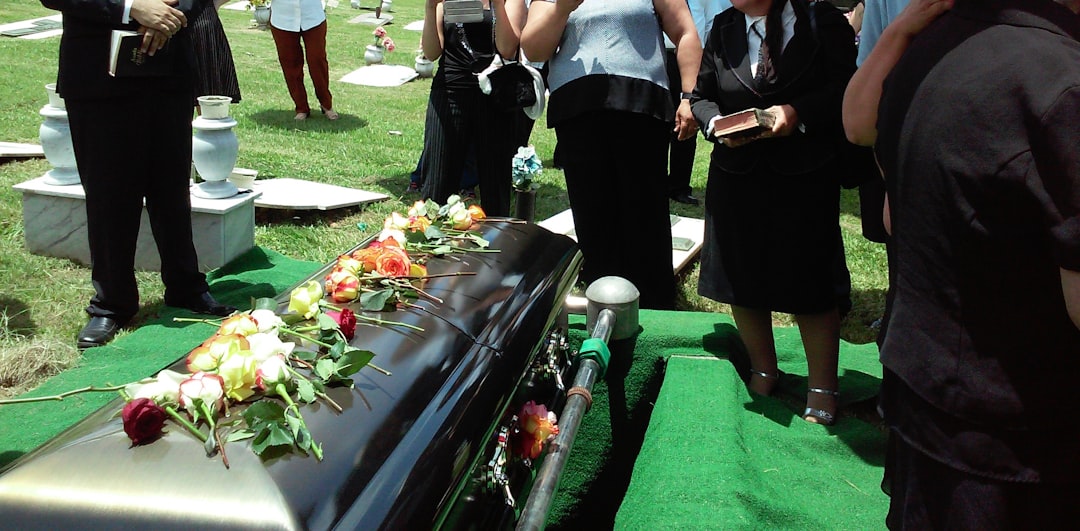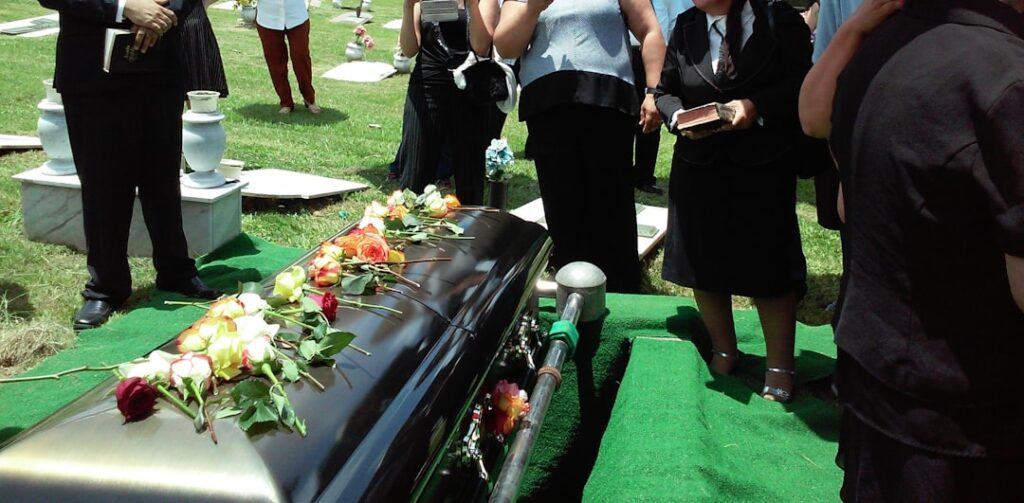As a priest, I love to be called to the beside of the dying, to give them an opportunity to make their peace with God. In my years as a priest, not only am I often by the bedside of the dying, but I am also by the graveside of the deceased. When a priest officiates at a funeral, and he comes to the Rite of Committal, he reads the following from the 6th Chapter of St John’s Gospel:
“This is the will of My Father”, says the Lord, “that I should lose nothing of all that He has given to Me, and that I should raise it up on the last day.”
What particularly strikes me from this passage are the words “That I should lose nothing of all that He has given to Me.” God the Father does not want His priests to lose any of the souls under their care. He sent His Son, Jesus Christ, to pay the price of our sins through His sacrificial death on the Cross. As a priest, I am a mediator between God and man, and it is my role to perpetuate Our Lord’s act of Redemption – particularly through the Sacraments.
The Sacraments instituted by Christ are of paramount importance in the life of a Catholic. Why? Because they give us grace – DIVINE LIFE – the very life of God. What can be more important or precious to us than that? And how especially important the Sacraments are to those who are dying.

One day in 2011, when I was chaplain at a hospital in Christchurch, New Zealand, I was called to the hospital – but unfortunately, not to the bedside of the dying, but to the morgue of the deceased. The word morgue comes from the Latin mortuus, meaning death. I was called there by the son of a woman who was found dead in her home. She had already been deceased for about a day when the police found her. It took another day to find the son and notify him of his mother’s death.
I was there in 5 minutes, but it took another 20 minutes to get through security. Hurriedly I went through the entrance, and saw the son with his wife. The body of his deceased mother was laid out on the table. I looked at her face – there was a look of despair and anguish on it. That look is something I will never forget. Many times, I have seen a peaceful countenance on those who are deceased– on people of faith who have prayed and prepared for the last day. Sadly, I didn’t see this in this woman’s countenance. I cannot presume the state of this woman’s soul – I can only hope and pray that she pleaded for God’s mercy before she died – but I couldn’t help thinking of the words we pray in the Litany of the Saints:
“From a sudden and unprovided death, deliver us O Lord.”
We must remind ourselves that God’s mercy is a mercy that must be invoked, be asked for, and not presumed. I turned to the son to give him my condolences, and he angrily said to me “What took you so long to get here.” I said to him “Sir, I was called, I came in 5 minutes, but it took another 20 minutes to get through security.” I said the prayers for the deceased, and again offered my condolences to the son. He was still angry. I asked him “Do you ever go to Church?” “I used to go a long time ago, but I don’t go anymore.” I asked “Did your mother go to Church?” “No, it’s been many years since she went to Church.” I simply said “I will pray for her and I will pray for you.” I left the room.

“This is the will of My Father”, says the Lord, “that I should lose nothing of all that He has given to Me, and that I should raise it up on the last day”. In other words, I want to be there for the living, not the dead. Of course, this man from New Zealand had no choice but to call me after his mother had died, but how many people do have the opportunity to call a priest before it’s too late, but don’t bother or don’t even think about it? I cannot give the Sacraments to a dead person. I cannot hear their confessions and absolve them from their sins. I cannot give them the Anointing of the Sick or the Holy Eucharist. I cannot prepare them for God’s judgement, which will come to each and every one of us the moment we die. I want to be there to invoke God’s mercy upon souls whilst there is still time.
But no matter how much zeal we priests may have to save souls, many times there will be a cold heart or deaf ears from those who do not want to correspond to the grace of God. It is my greatest sadness to encounter such souls. Perhaps this story can remind us to be prepared at all times – we know not the day nor the hour. Any one of us may die a sudden death – without time to receive the Sacraments of Holy Mother Church. But let us ensure that it is not an unprovided death. Let us remain in the state of grace by regularly availing ourselves of the Sacraments whilst we have the opportunity – and so always be prepared to meet our Maker and give an account of our lives.

